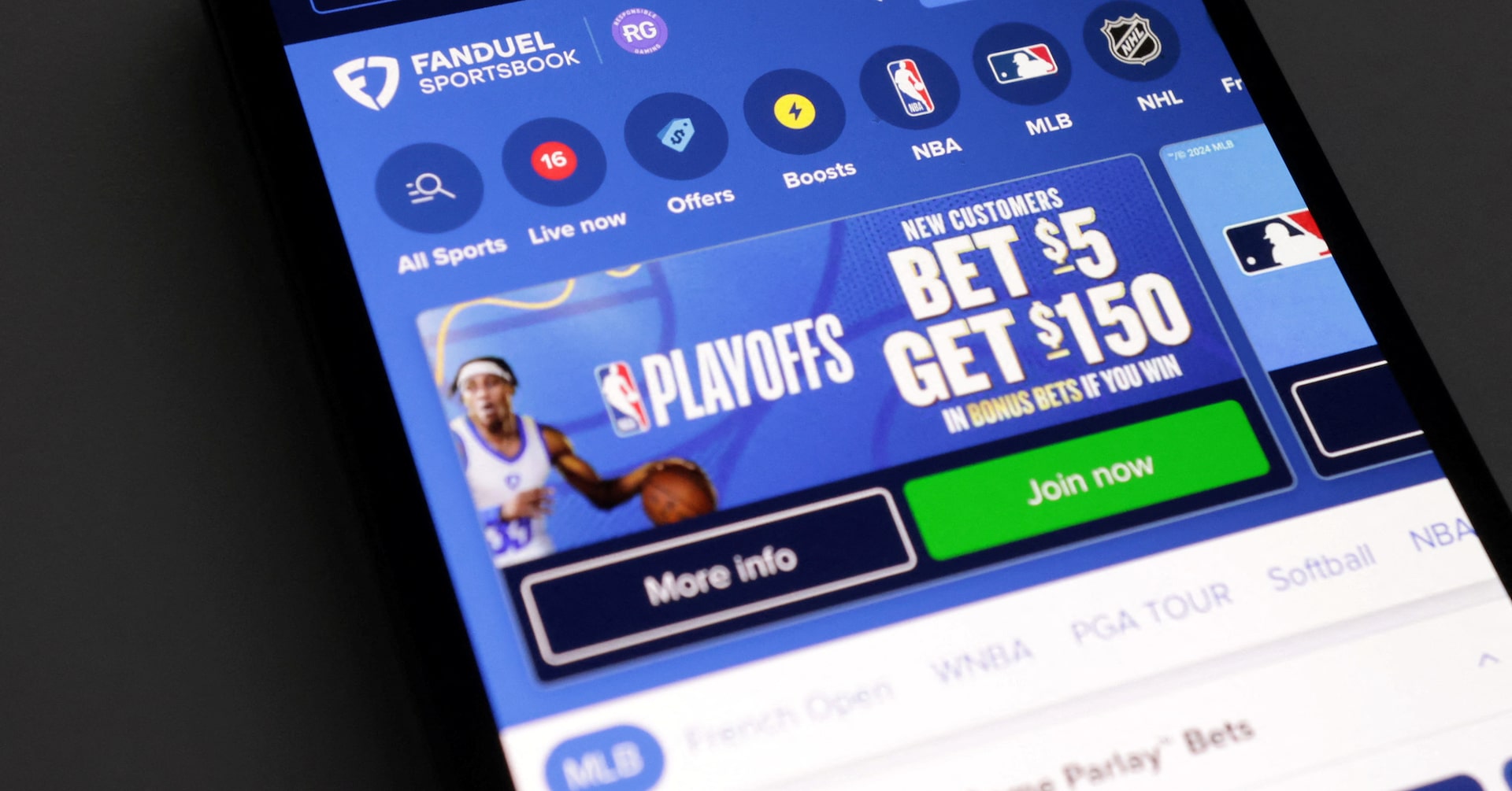Betting Big: How Two Entrepreneurs Struck Gold in the Sports Gambling Boom

The sports betting landscape is rapidly consolidating, with industry giants DraftKings and FanDuel dominating the market. These two powerhouses now control an astounding 80% of the U.S. sports betting market, a sector projected to explode to $39 billion by 2030, according to Flutter Entertainment, FanDuel's parent company.
The duo's success isn't by accident. Steep market entry barriers and sophisticated, user-friendly platforms have effectively locked out potential competitors. Their strategic investments and years of operating at a financial loss are now poised to pay significant dividends. Unless regulators intervene, these companies seem primed to cement their market supremacy.
What began as a risky, fragmented industry is quickly transforming into a tightly controlled ecosystem. DraftKings and FanDuel have not just bet on sports—they've bet on market dominance, and all signs suggest they're winning that wager.

